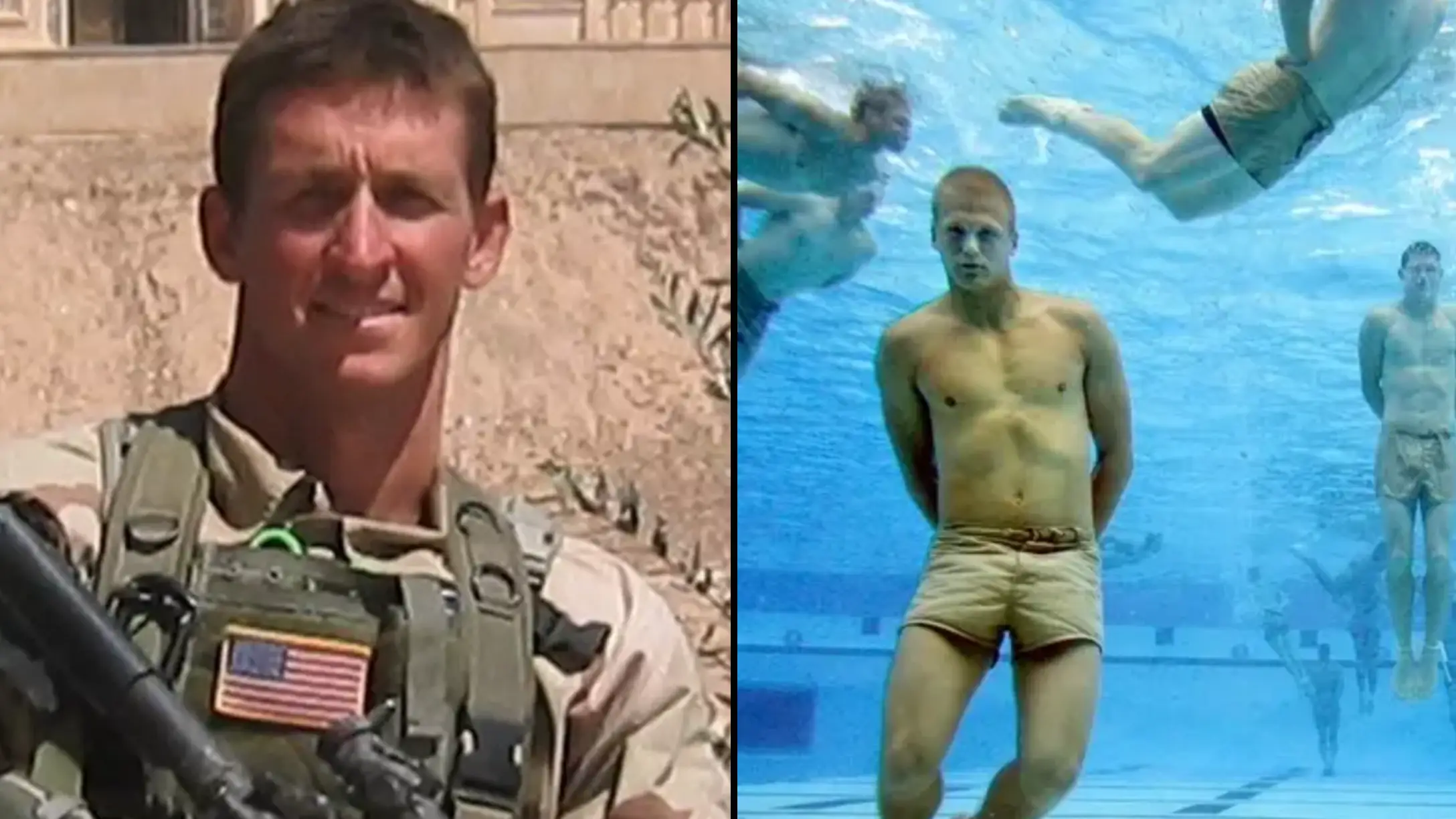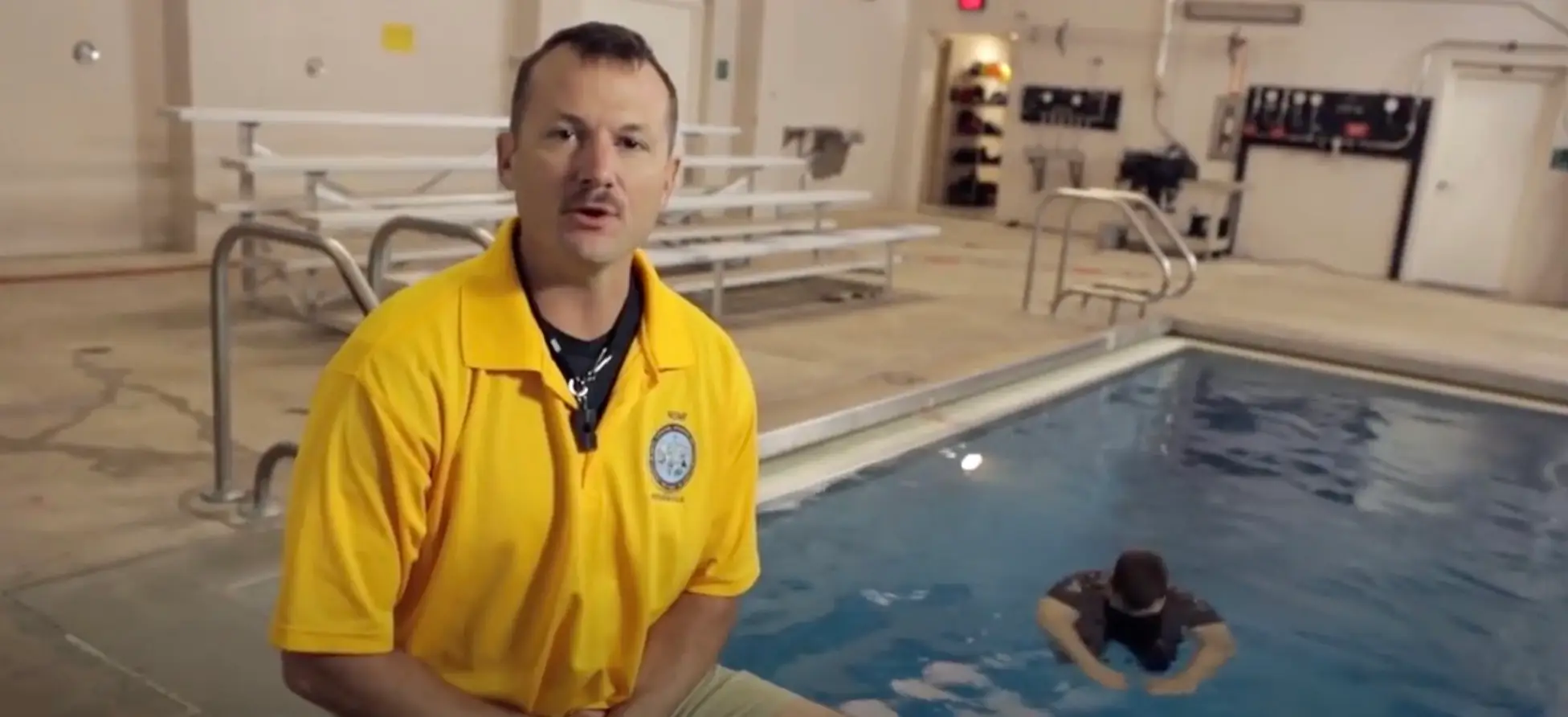
A former Navy SEAL has revealed some of the most valuable survival skills in his book.
The US Navy SEALS are some of the toughest force members to exist.
They are trained for anything on sea, air, and land, which is why their survival skills have to be on point.
The SEALS go through gruelling training before they’re sent out onto the field, and Clint Emerson has revealed exactly what you should be doing, based on experience, if you ever find yourself in a tricky situation.
Advert
After leaving the SEALS in 2015, he has 20 years of survival experience, and has put all of his tips into one book called 100 Deadly Skills.

It is a critically acclaimed novel, and goes into detail about what you should do if you ever find yourself in the unfortunate scenario of drowning.
The excerpt of his 2015 book begins on a solemn note, with Emerson explaining that if someone is captured in a hostile territory 'the odds of survival are low'.
Instead of being taken to trial, it's not uncommon for operatives to be made to ‘disappear’, which is why they are made to practice escaping techniques - mostly whilst wearing restraints on their hands on their feet - both in water and on land.
Talking to the Business Insider, Emerson said: “With the lungs full of air, the human body is buoyant - so deep breaths and quick exhales are key.”
He continues: "Buoyancy in freshwater is more challenging but still achievable.
“Panicking, which can lead to hyperventilation, is the number-one enemy to survival.

“When facing down, whether floating in place or using a backward kicking motion to swim to shore, the operative should arch his back in order to raise his head above water.
“In rough seas, this may not give him enough clearance to get his head out of water.
“Instead, a full body rotation will allow him to take a deep breath and then continue travelling forward.”
A diagram in the book suggests that an alternative technique would be to exhale and sink to the bottom of the body of water you’re in (if possible), and push back up to the surface for air.
Those with a good amount of core strength would also benefit from rotating from their back after inhaling, and breathing out into the water face-down.
As useful as these techniques are, however, here’s to hoping we never have to use them!
Topics: Army, World News, Books